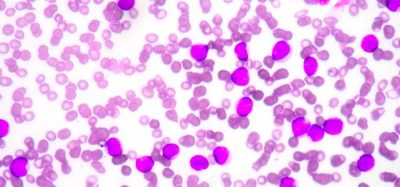NICE recommends oral migraine treatment for first time
An oral small molecule CGRP antagonist has been recommended for episodic migraines in National Institute for Health and Care Excellence (NICE) final draft guidance.
An oral treatment for preventing migraines has been recommended by the National Institute for Health and Care Excellence (NICE) for the first time.
Rimegepant (Vydura) is recommended as an option for episodic migraine in adults after having at least three previous failed preventive treatments.
The NICE final draft guidance recommends rimegepant in individuals who have at least four migraine attacks per month but less than 15, stated the UK regulatory body.
Clinical trial evidence shows that the oral migraine treatment works better than a placebo for reducing the number of episodic migraines in people who have already tried three preventive treatments.
How does the oral migraine treatment work?
Made by Pfizer, rimegepant is taken orally and works by preventing release of a protein around the brain that is responsible for the severe pain associated with migraine attacks.
Current treatment options for preventing migraine include drugs used for other conditions such as beta-blockers, antidepressants and epilepsy medications. These can have significant side-effects and can be ineffective for some people.
Treatments offered after these drugs have been tried, including NICE-recommended erenumab, fremanezumab or galcanezumab. These are all administered as injections.
Therefore, the small molecule calcitonin gene-related peptide (CGRP) antagonist “is likely to be a welcome and more convenient addition to existing options for a condition that is often overlooked and undertreated,” Helen Knight, Director of Medicines Evaluation at NICE responded.
Recommendation of Pfizer’s oral migraine treatment offers up to 145,000 people another option on the NHS in England to help prevent episodic migraines. This is important as over 5.6 million people in England are thought to experience this condition, according to NICE.
NICE expects to publish the final guidance on rimegepant in June 2023.
The small molecule CGRP antagonist was approved in April 2022, granting it the first marketing authorisation by the European Commission (EC) for both the treatment and prevention of migraines.
Related topics
Antibodies, Big Pharma, Biopharmaceuticals, Clinical Development, Clinical Trials, Data Analysis, Dosage, Drug Delivery Systems, Drug Development, Drug Safety, oral therapeutic candidate, Regulation & Legislation, Research & Development (R&D), Therapeutics










